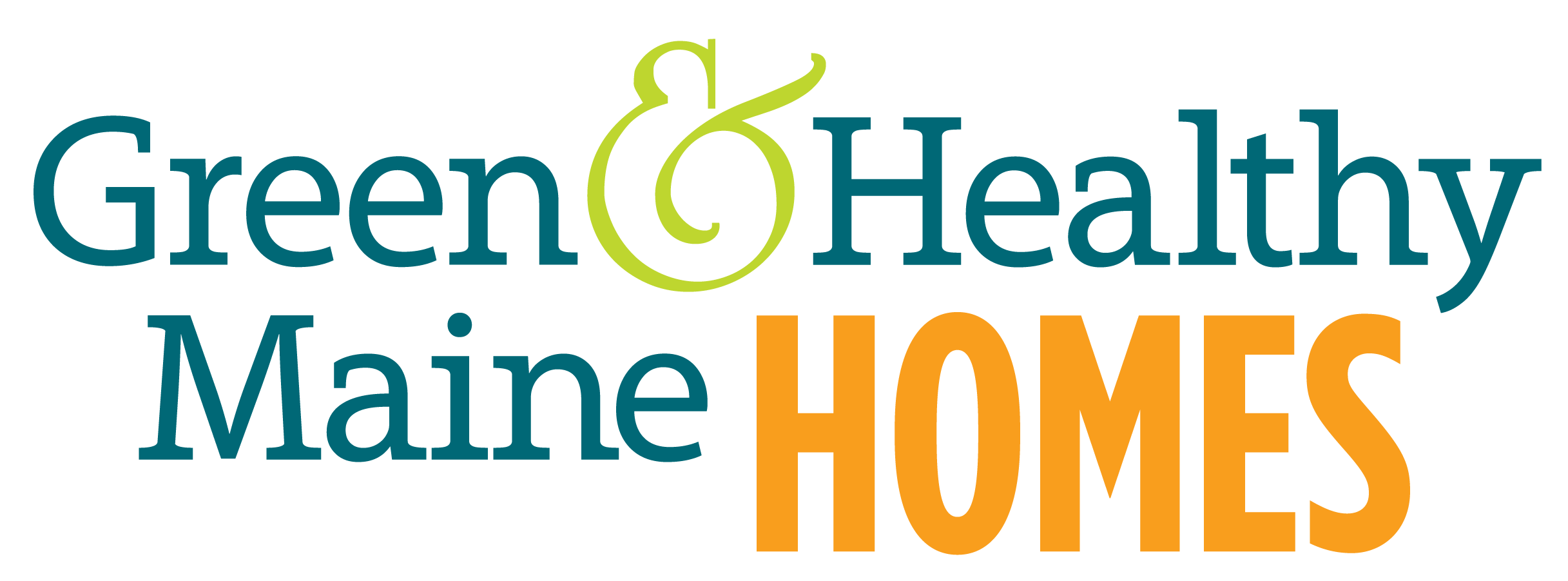The recognition of the hazards of fluorinated compounds of emerging concern known as “PFAS” and their presence in wastewater & industrial effluent streams has raised legitimate concerns about land spreading of industrial & wastewater sludge.
The use of sludge as a soil amendment has been a common practice in Maine; in fact, more than 85% of wastewater solids were land-applied during the 1990s and 2000s. However, following the detection of PFAS in farmland soil, agricultural products, and groundwater, awareness of problems with land application of certain sludges has increased, and numerous public health concerns have emerged. The Maine Legislature is considering, and many believe will soon pass in some form, a ban on the practice of land-applying the material. However, banning land spreading does not halt the generation of sludge, the inevitable output of many digestion processes. These processes include municipal wastewater & sewer, as well as many significant industrial & energy operations. For these operations, as well as many cities and towns, there are urgent & costly ramifications.
As a result, alternatives to land spreading are sorely needed.
Rather than to weigh in on legislation, this forum seeks to discuss possible alternatives to land spreading and their long term pluses and minuses, as well as other options for addressing the problem. In a solutions-centered forum, E2Tech will explore:
As we learn and discover more, how do we manage sludge? What can we do with all this material, which in many cases is nutrient rich, yet can contain contaminants from upstream sources?
Are there approaches that would make landfilling or otherwise sequestering sludge a sustainable long term solution? Are there treatments, tests or management practices that would make the reuse of sludge in other ways practical?
What alternative disposal or reuse options exist or are emerging, how well do they work, and what do they cost?
Join E2Tech’s expert panel on Thursday, April 28th from 8-10AM on Zoom webinar for a discussion of these issues – with ample time provided for your questions & discussion.
